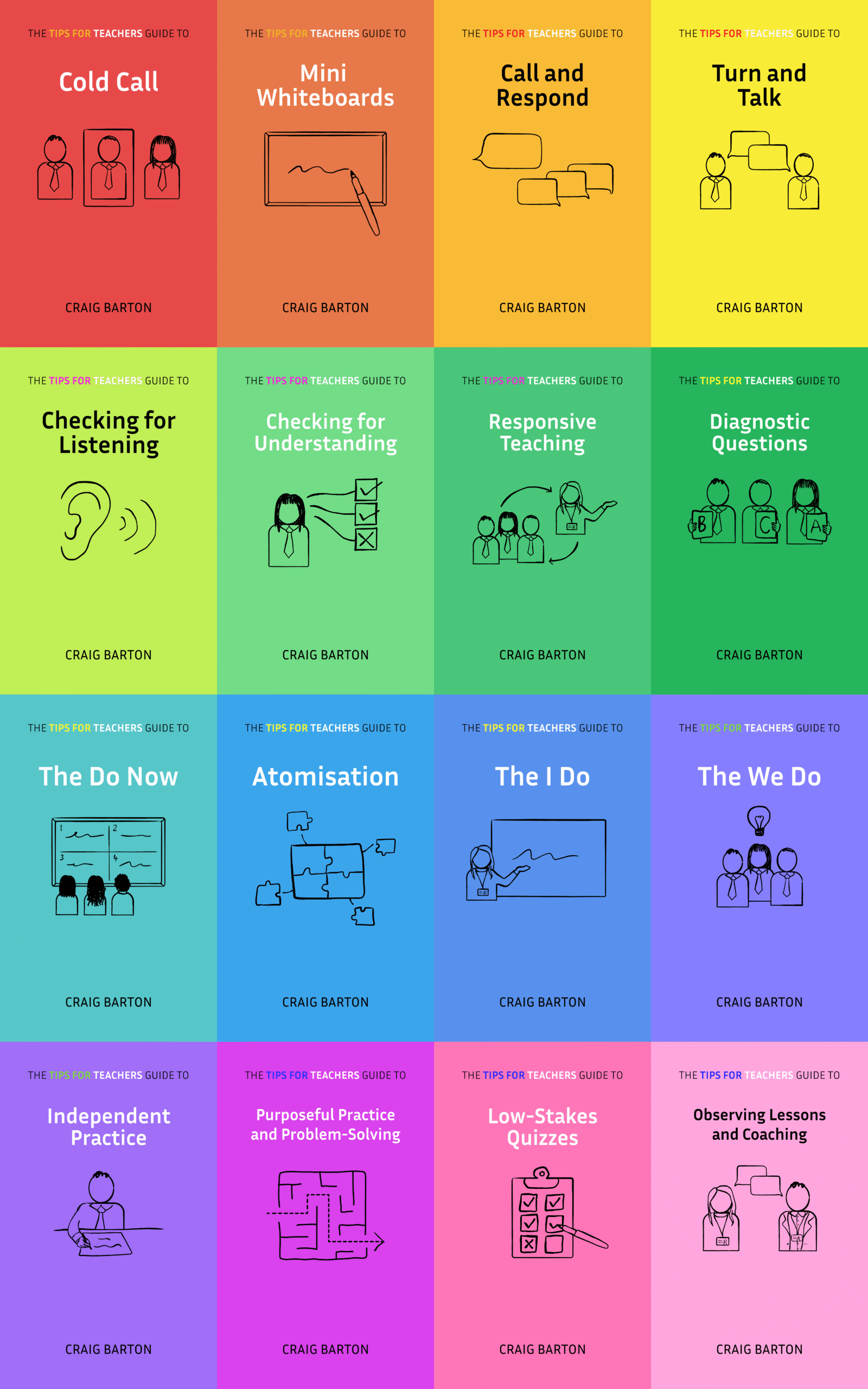
- Title: Understanding working memory as a facilitator of math problem-solving: Offloading as a potential strategy
- Authors: Josh Medrano, Dana Miller-Cotto
- Access the original paper here
- Listen to a deep-dive podcast:
Paper summary
This research article investigates the relationship between working memory and mathematical problem-solving, specifically exploring the strategy of offloading information (like using scrap paper) as a potential facilitator. The study examined undergraduate students, assessing their working memory, prior math knowledge, and problem-solving performance with and without the option to offload. Findings suggest that offloading generally improves math problem-solving, but its effectiveness did not significantly differ based on working memory capacity. Interestingly, the benefit of offloading appeared greater for students with higher prior math knowledge. The study underscores the importance of considering prior knowledge in understanding how cognitive processes like working memory support math skills and how external aids can influence problem-solving.
What are the key implications for teachers in the classroom?
Based on the study, there are several key implications for teachers in the classroom:
- Encourage the use of external aids like scrap paper for problem-solving. The study found that providing the opportunity to offload information by using paper and pencil led to greater improvement in math problem-solving for students. Teachers should consider allowing and even encouraging students to write down intermediate steps, draw diagrams, or use other external aids to support their working memory during math tasks.
- Recognize the benefit of offloading for a range of working memory capacities. While the study did not find a significant interaction between working memory and the offloading condition overall, the Johnson-Neyman technique suggested that offloading can be particularly useful for students with lower to mid-range working memory skills. Teachers should be aware that external aids may provide a valuable support for students who might struggle to hold and manipulate information in their minds.
- Consider students’ prior knowledge when implementing offloading strategies. The study revealed a significant interaction between prior knowledge and offloading. Interestingly, students with lower prior knowledge in the offloading condition initially performed worse, while those with higher prior knowledge benefited more from offloading. This suggests that teachers might need to build a solid foundation of prior knowledge before extensively encouraging offloading, or guide students on how to effectively use offloading when their prior knowledge is limited.
- Understand that working memory and prior knowledge are distinct contributors to math performance. The research confirms that both a student’s working memory capacity and their existing knowledge in mathematics independently predict how well they will perform in problem-solving. Teachers should aim to develop both students’ conceptual and procedural knowledge and consider strategies to support their working memory during instruction.
- Recognize offloading as a potential mechanism for more accurate strategy application and self-correction. The study suggests that using external aids might help students recall prior knowledge more accurately, maintain intermediate solutions, and potentially identify errors, leading to self-correction and the application of correct strategies. Teachers can encourage students to use offloading as a way to monitor their thinking and problem-solving process.
- Explore various offloading strategies beyond just paper and pencil. The study focused on the use of scrap paper, but the authors note that other external aids like manipulatives, drawings, and worked examples can also serve as offloading tools. Teachers can experiment with different types of external representations to see what best supports their students’ learning.
In summary, the study highlights the practical value of allowing students to use external aids in the classroom to support their math problem-solving, particularly emphasizing the importance of considering students’ working memory skills and prior knowledge when implementing such strategies.
Quote
Taken together, the present study found that offloading facilitated problem- solving performance, and that contrary to our hypothesis, offloading did not interact with working memory. The current study has theoretical implications for the mechanisms underlying the relationship between working memory and mathematics. Most importantly, working memory research should more strongly consider the role of prior knowledge. Here, prior knowledge independently predicted performance, and students may benefit from offloading with enhanced prior knowledge.








